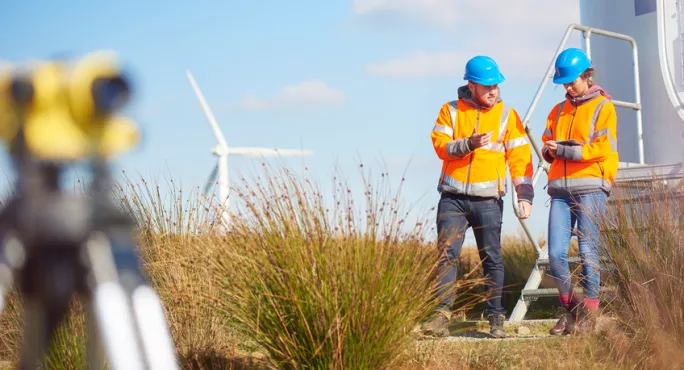- Home
- Apprenticeship rules relaxed over coronavirus fears
Apprenticeship rules relaxed over coronavirus fears

Apprentices will be allowed a break in learning if they cannot be assessed due to the coronavirus.
The change means that there will be no financial penalty if assessments get delayed because of assessor illness or Covid-19 related measures – which would ordinarily be the case if there was a break in learning (BIL) under the current funding rules.
In its advice, the Department of Education tells apprenticeship training providers and end-point-assessment organisations: “Apprentices who are ready for assessment – ie, who reach gateway and cannot be assessed due to assessor illness or Covid-19 related measures, will be allowed to have a break in learning. This should protect funding and completion of apprenticeships and should be reflected in the July completion rules. The normal breaks in learning process should be followed and therefore we only need notifying once a break in learning has exceeded four weeks.”
Coronavirus: Racism against Chinese students increases
Outbreak: Ofqual braces for exam disruption risk
News: Pressure mounts for mass school closures
Gaps in training
The DfE added: “Apprentices who experience gaps in training due to Covid-19 related illness in the workplace or off the job can classify this period as a break in learning. The normal breaks in learning process should be followed and therefore we only need notifying once a break in learning has exceeded four weeks.”
The government stressed that in order to maintain the integrity of high-quality assessment of apprenticeships, it was going to monitor the situation and would issue further advice and modifications relating to specific assessment methods if necessary.
“There is a need for everyone (employer, provider, EPAO [end-point assessment organisation], apprentice) to take a reasonable and balanced approach in these situations and to recognise that the health and wellbeing of individuals is a higher priority than performance measures. The Institute for Apprenticeships and Technical Education (IfATE) will shortly be publishing guidance for this area in response to potential disruption from Covid-19.”
The Association of Employment and Learning Providers (AELP) has welcomed the move as an important first step, but said more action was urgently needed. Chief executive Mark Dawe said: “AELP is in constant contact with senior DfE officials over the impacts which the spread of the virus is having. These can be categorised as immediate and medium- to longer-term if the situation continues to get worse.
“We welcome the prompt change to the break in learning rule, but it’s vital for the DfE to recognise and respond to the fact that in asking individual training providers and EPAOs to request exceptional treatment by learner is unrealistic. The system simply couldn’t cope with the volume and therefore we need a change to a rule which will apply to everyone.
“As well as breaks in learning, AELP will be asking the DfE to look at possible impact in relation to face-to-face delivery and assessment, time limits on [end-point assessment] and rules around payments up to gateway and completion. Measuring success in the future, which affects the funding and official registration of apprenticeship training providers, will need to allow for these circumstances.
“The government must address the wider issue of apprenticeship contract payments to providers and the need for a coherent approach to all further education and skills providers (funded by grant or by contract) to ensure they survive what is likely to be a period of falling attendance and falling recruitment across all streams of funding whether it’s apprenticeships, adult education, study programmes, traineeships etc.”
Register with Tes and you can read two free articles every month plus you'll have access to our range of award-winning newsletters.
Keep reading with our special offer!
You’ve reached your limit of free articles this month.
- Unlimited access to all Tes magazine content
- Save your favourite articles and gift them to your colleagues
- Exclusive subscriber-only stories
- Over 200,000 archived articles
- Unlimited access to all Tes magazine content
- Save your favourite articles and gift them to your colleagues
- Exclusive subscriber-only stories
- Over 200,000 archived articles



